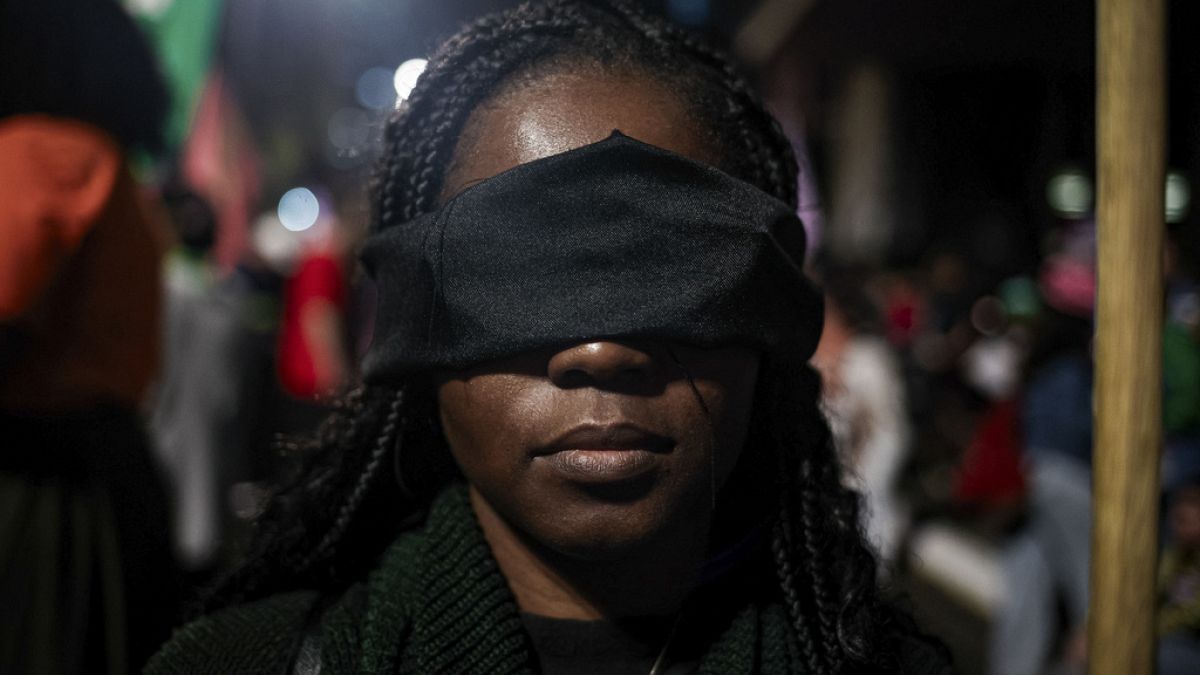In a recent protest held under the slogan “Children are not mothers,” demonstrators wearing black and holding candles took to the streets to voice their opposition to late-term abortions. Critics of late-term abortions point out that they often involve child rape victims, raising ethical and legal concerns. The controversial bill proposing restrictions on late-term abortions was put forward by Sóstenes Cavalcante of the Liberal Party. However, due to the widespread backlash and protests, the bill’s vote has been delayed and might not take place until next year.
The protest, which drew attention to the issue of late-term abortions and the plight of child rape victims, has sparked a heated debate in the country. Advocates of the bill argue that it is necessary to protect the rights of unborn children and prevent the exploitation of minors in cases of rape. They believe that stricter regulations on late-term abortions are crucial to upholding moral values and safeguarding vulnerable populations. On the other hand, opponents of the bill assert that it infringes on women’s reproductive rights and could lead to unsafe abortion practices.
The delayed vote on the bill reflects the growing divide among lawmakers and citizens regarding the issue of late-term abortions. While some support the proposed restrictions as a means of protecting the sanctity of life and ensuring justice for victims of sexual violence, others view it as a violation of women’s autonomy and a threat to their health and well-being. The prolonged debate and resistance to the bill indicate the complex nature of the issue and the need for a balanced and sensitive approach to addressing it.
As the controversy surrounding late-term abortions continues to unfold, it is essential for policymakers to consider the diverse perspectives and concerns of all stakeholders involved. Finding common ground and developing effective strategies to address the underlying issues of reproductive rights, child protection, and women’s health is crucial for promoting a more inclusive and respectful society. By engaging in open and honest dialogue, lawmakers and advocates can work towards finding solutions that respect the rights and dignity of all individuals affected by this contentious issue.
In conclusion, the protest against late-term abortions and the bill proposing restrictions on the practice highlight the complex ethical and legal dilemmas surrounding reproductive rights and child protection. The delay in the bill’s vote underscores the need for careful consideration and deliberation on this sensitive issue. By fostering constructive dialogue and seeking common ground, policymakers and advocates can work towards finding solutions that uphold the rights and well-being of all individuals involved. It is essential to approach this issue with empathy, compassion, and a commitment to promoting justice and respect for all members of society.











